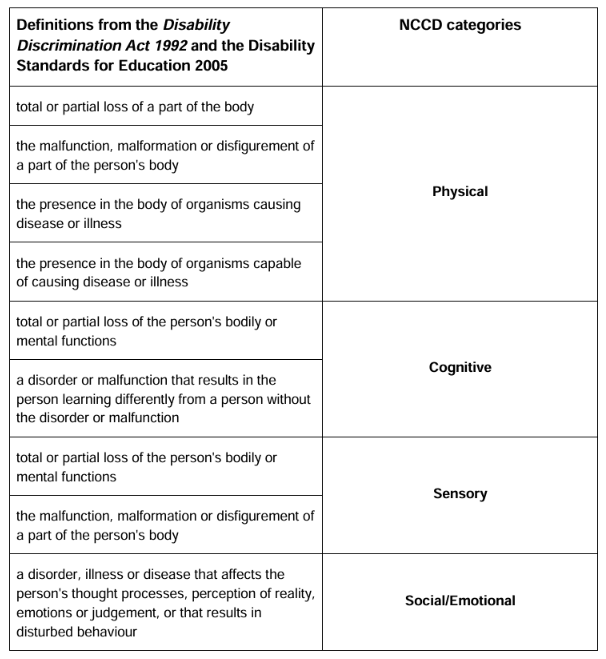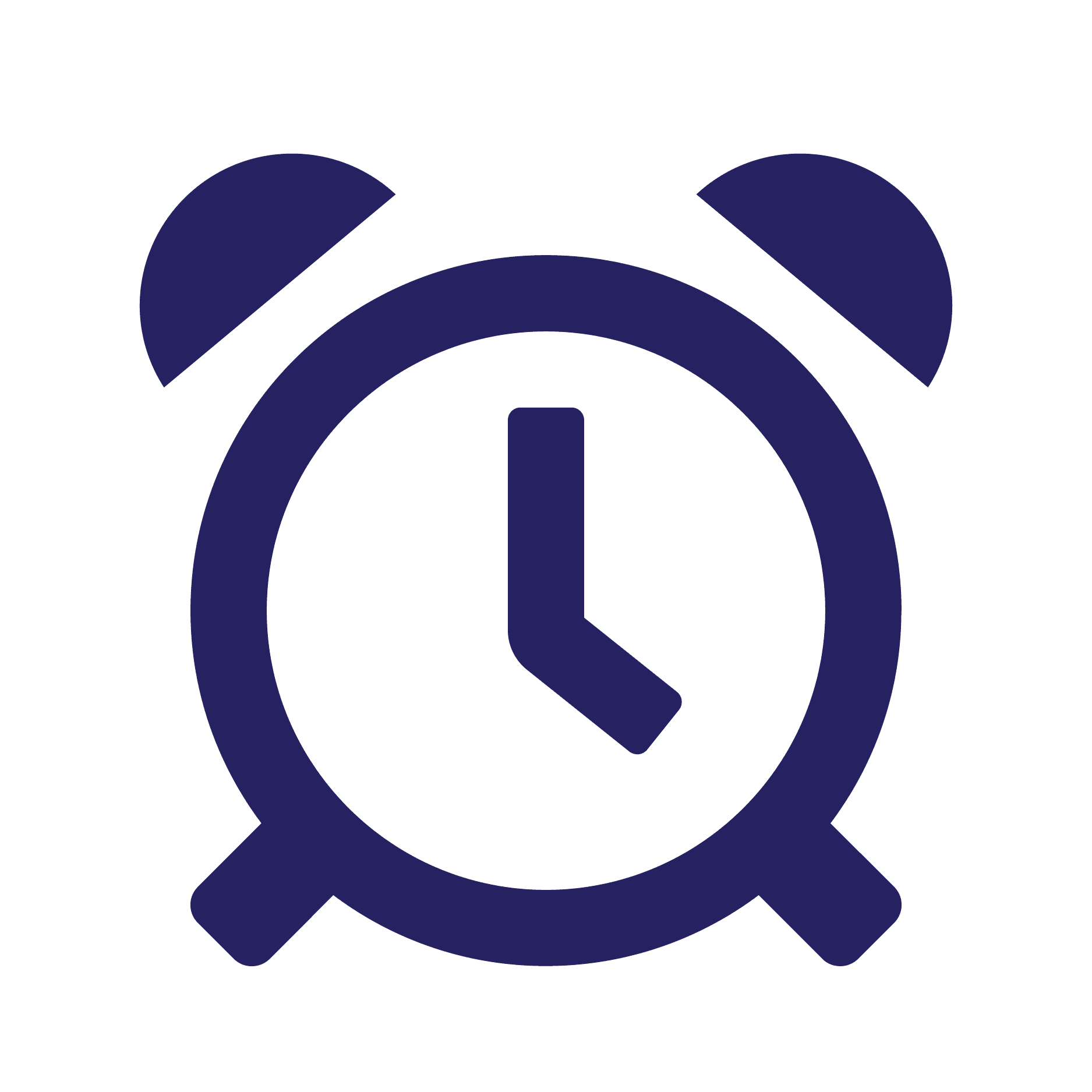Students with Disabilities
At MCC, we believe all students are fearfully and wonderfully created by God as individuals with a purpose and plan for their lives. We also believe all students can learn. The students with disabilities support program is contained within Learning Enrichment at MCC where education is inclusive with students learning alongside their peers in a regular classroom environment.
Our approach to Learning Enrichment for students with a disability is founded upon a belief in equitable learning opportunities that may reasonably be provided by the College. The College recognises the limits of its ability in some circumstances to provide reasonable and appropriate support. Reasons may include the nature of the disability, availability of experienced staff, staff expertise, the disparity between resourcing and funding for support facilities and achieving a healthy balance of differing abilities within class composition. These factors may contribute to determining whether a student’s enrolment application is deemed successful or unsuccessful by the Enrolment Committee.
Additional support may be provided in the form of learning adjustments and curriculum modifications implemented by teachers. Teacher Aide assistance, under the direction of the teacher, may also be available. Parents may provide additional information from external specialists such as speech pathologists or occupational therapists to inform reasonable learning adjustments or modifications. The process involves recognising students through observations and assessment of their abilities, as requiring additional support. Available in TASS Learning Support is the Student Support Plan, collated information relating to the student’s disability. This may include details of the student’s disability, specific student goals and relevant learning adjustments. Learning Enrichment aims to liaise with teachers, students and parents to achieve most appropriate outcomes. The College aims to be compliant with NCCD in the development of this policy.
The following information is taken from www.nccd.edu.au
A wide range of health and learning conditions meet the legal definition of ‘disability’.
Disability is defined very broadly in the Disability Standards for Education 2005 (the Standards). It includes loss of bodily function, damage to bodily function, disease or illness, and disorders of thought processes, emotions, judgement or behaviour. The Standards apply to all students with a disability. The Standards also apply to students who are carers of someone with a disability, even if they themselves do not have a disability.
Definitions
The Disability Discrimination Act 1992 (DDA) and the Disability Standards for Education 2005 (the Standards) apply to people who have:
total or partial loss of bodily or mental functions
total or partial loss of a part of the body
the presence in the body of organisms causing disease or illness
the presence in the body of organisms capable of causing disease or illness
the malfunction, malformation or disfigurement of a part of the body
a disorder or malfunction that results in the person learning differently from a person without the disorder or malfunction
a disorder, illness or disease that affects a person’s thought processes, perception of reality, emotions or judgement or that results in disturbed behaviour.
The definition includes a disability that:
exists now; or previously existed but no longer exists
may exist in the future (some disabilities develop at a later date due to genetic or other factors)
is imputed (attributed) to a person.
Behaviour that is a symptom or manifestation of the disability is specifically included in the definition of disability.
—Source: DDA
The broad definition of disability in the DDA includes people who may not consider themselves as having a disability, for example, people who have broken limbs from an accident and are temporarily using crutches or a wheelchair.
It also includes people who are colour blind or who use corrective devices such as reading glasses. The law applies to such people if they experience discrimination as a result of their impairment. For example, if someone who needs reading glasses is prevented from using them at school or at work, they may be experiencing discrimination and are thus covered by the DDA.
In other contexts, disability is defined less broadly. Many services aim to assist people with a particular type of disability, and funding programs for students with disability have defined eligibility criteria. The Standards apply to all students with disability. The Standards also apply to students who are carers of someone with a disability, even if they themselves do not have a disability.
MCC determines the broad categories of disability as one of four categories:
physical
cognitive
sensory and social-emotional.

Initial Assessment of New Students
New students may be assessed to determine current standardised levels of ability particularly in Maths and English, such as the ACER PAT Math and PAT Reading Comprehension tests.
Devising Student Support Plans for Students with a Disability
Support for students with a disability is consistent with the Disability Discrimination Act 1992. Where students are identified to have a diagnosed or imputed disability, a Student Support Plan is created in TASS Learning Support in order to maintain accessible information about the student’s needs and adjustments. The format for the Student Support Plan is based on a collaborative approach between the class teacher, parent/carers, student and Learning Enrichment and any additional services.
For greater detail about the process for devising a Student Support Plan, please refer to the LE document ‘The process for developing a Student Support Plan’.

